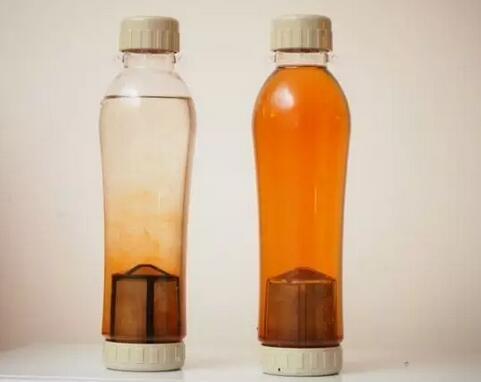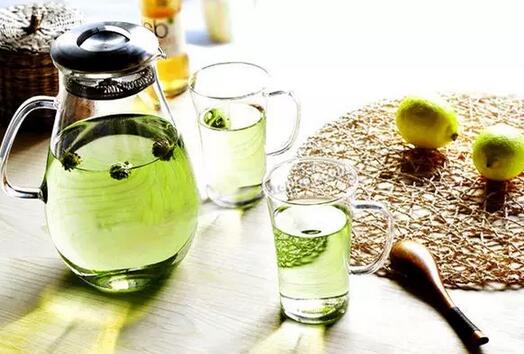First, do you know what cold brew tea is?

Cold brew tea refers to steeping tea leaves in cold water, a method that颠覆传统的一种泡茶方法. It is convenient for office workers, students, drivers, hikers, and others—anywhere you can buy矿泉水, you can enjoy this healthy and delicious drink. The aroma and taste of cold brew tea differ from those of hot-brewed tea, offering a more natural flavor compared to bottled tea beverages.
Lightly fermented teas like green tea, oolong tea, white bud tea, and white peony are suitable for cold brewing, as they yield a sweeter and fresher taste. However, avoid steeping for more than 8 hours. Those sensitive to theine can opt for cold brew tea at night, while those seeking a caffeine boost should stick to hot brewing.

Not all tea types are suitable for cold brewing.
Heavily fermented teas like black tea, pu-erh, tieguanyin, and red tea may turn bitter and bland when cold-brewed, lacking aroma. These teas are best brewed with boiling water.
Cold brew tea retains more nutrients.
Cold brewing preserves more beneficial compounds like catechins, polyphenols, and polysaccharides, which are released most abundantly after two hours. These nutrients offer抗氧化,降脂, and降糖 benefits comparable to hot-brewed tea.

Cold brew tea is gentler on the stomach.
Contrary to belief, cold brewing reduces the release of茶碱 and caffeine, minimizing bitterness and stomach irritation. It is suitable for those with sensitive stomachs and aids in digestion and detoxification.
Editor's suggestion:
While choosing the right brewing method, try cold brewing for a novel experience. Enjoy the slow process as a way to relax and appreciate life.